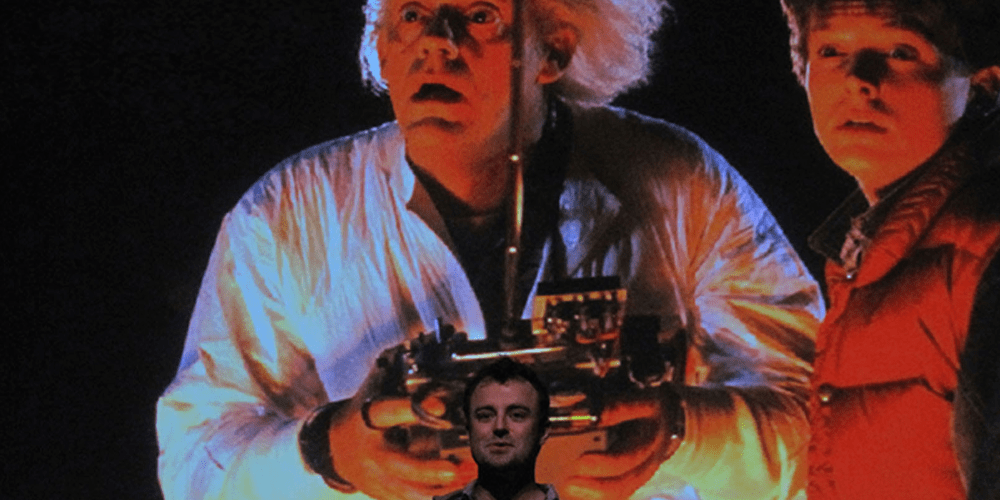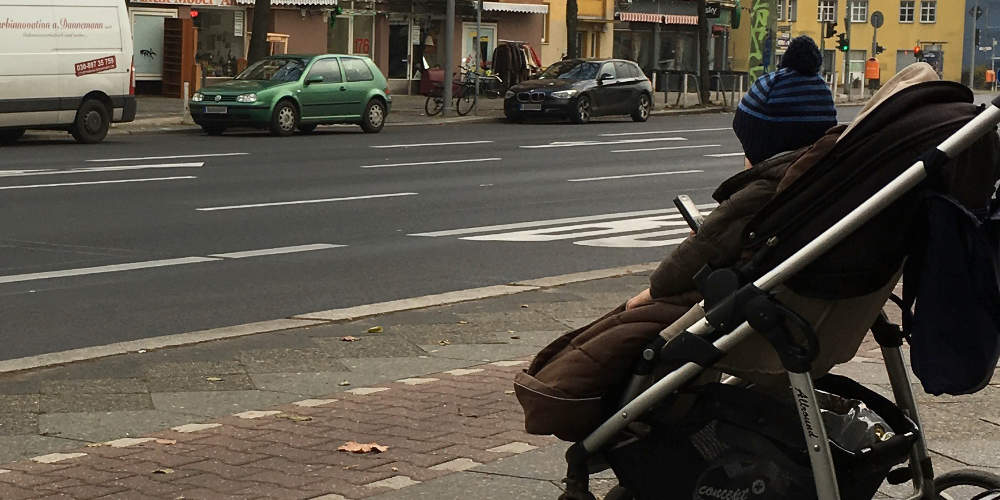‘A computer is like a bicycle for the mind.’ – this quote from Steve Jobs in the early 1980s raises the question of whether current developments in Artificial Intelligence may have brought us into a new situation: can we see AI as a ‘car for the mind’?
we are observing in the field of AI is so rapid that it can be difficult to stay oriented. In this talk, I aim to provide this orientation. I outline an inner compass, calibrated in four different directions: four directions in which our lives could evolve with the help of AI.
The talk shows that possibilities and risks are often two sides of the same coin – and that, in the end, it is of course up to each individual to explore their own path into the future: in the direction that feels right, and with the appropriate 'mental vehicle'.
Key Points
- The current development in AI is rapid.
- This can be unsettling.
- We need orientation to know in which direction we want to go.
- Steve Jobs called the computer a ‘bicycle for the mind.’
- With AI, have we reached the ‘automobile age’ of thinking?
- What can we learn from the history of automation?
- AI enables developments in many directions.
- It can harmonize our relationships, do our work for us, flood us with information, and also set us free.
- Every day there is new, uncharted territory – discovering it is one of the central tasks of our time.
- Let’s approach it with joy and a spirit of discovery.
In Search of Orientation
As a professor of Interface and UX design, I teach and research the things we do with computers – and with what computers do to us in return. The current developments in AI are so rapid that they scare some people: what will our world look like tomorrow?
This loss of control is often accompanied by a sense of discomfort, which arises when so many possibilities suddenly emerge that it becomes difficult to feel what we really want.
What we need is orientation. The quote from Steve Jobs mentioned above is an interesting starting point. If computers in the 1980s (the era from which the quote originates) could be considered as bicycles for the mind – by the way, an interim working title for the Macintosh was indeed bicycle – have we now entered the automobile age with AI? Cars, as we can easily see in our world, are not exactly unpopular, and in many cases, they are not entirely impractical. However, as some might have noticed, they are not without their problems either.
So let’s set out – in search of a navigation tool for the current situation, which, in light of the rapid technological advances in AI, can seem overwhelming and intimidating.
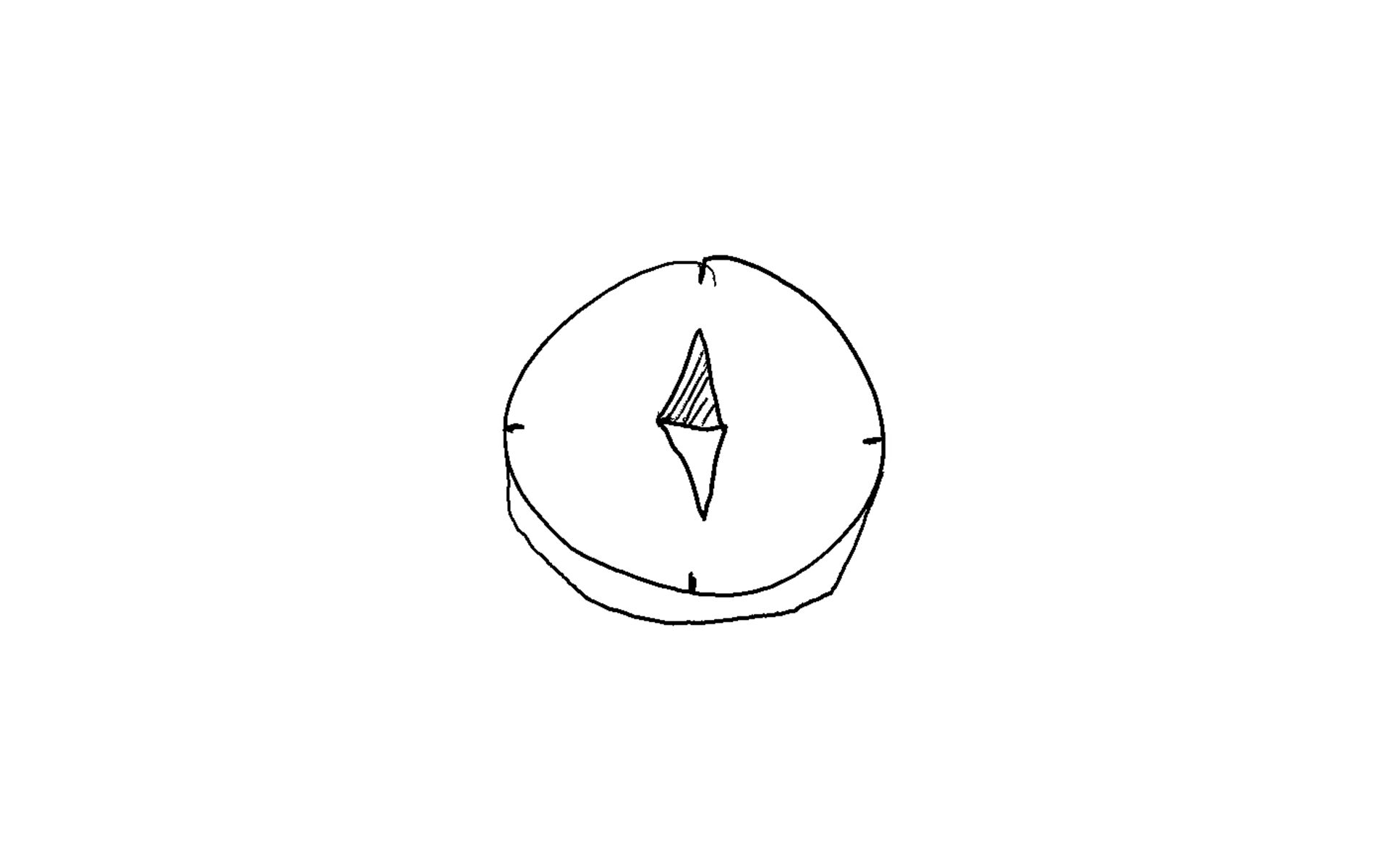
An Inner Compass
In this talk, we will build an ‘inner compass’ – and calibrate it in four directions. These are four directions in which we – thanks to the technological possibilities offered by AI – could develop in the future. Each direction is a promise, a prospect. However, it might be worth taking a closer look …
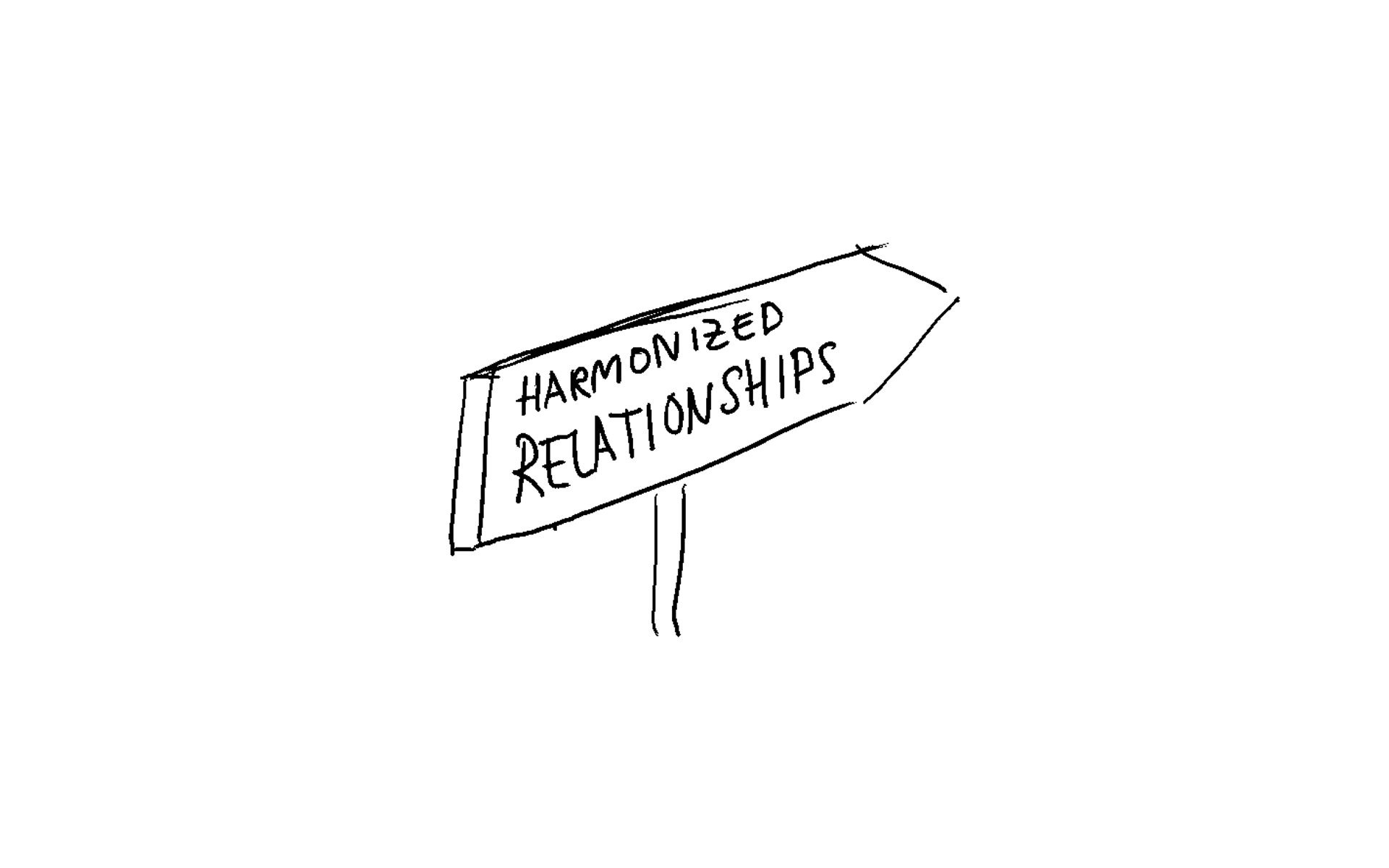
Direction 1: Harmonized Relationships
Artificial Intelligence can harmonize our relationships. Never forget a birthday again? Never have a fight again? If we automate part of our interpersonal interactions, life can become easier. Also, purely virtual friends have not been unthinkable for some time.
But this future also has a downside: loneliness. Digital technology often acts like a shield in interpersonal communication – it reduces our vulnerability, but it also allows less vitality through.
This topic was also addressed by our students David Hrlic, David von Netzer, Piet Becker, Alexander Görts, and CJ Weld in their project ‘aicracy’ – what if we replaced our governments and courts with AI?
aicracy
What does a society look like in which the government has been replaced with an algorithm?
In conclusion, it can be stated that the idea of automating our interpersonal relationships – partially or completely – may have advantages at first glance, but it also has a downside that brings significant dangers for our individual and societal well-being.
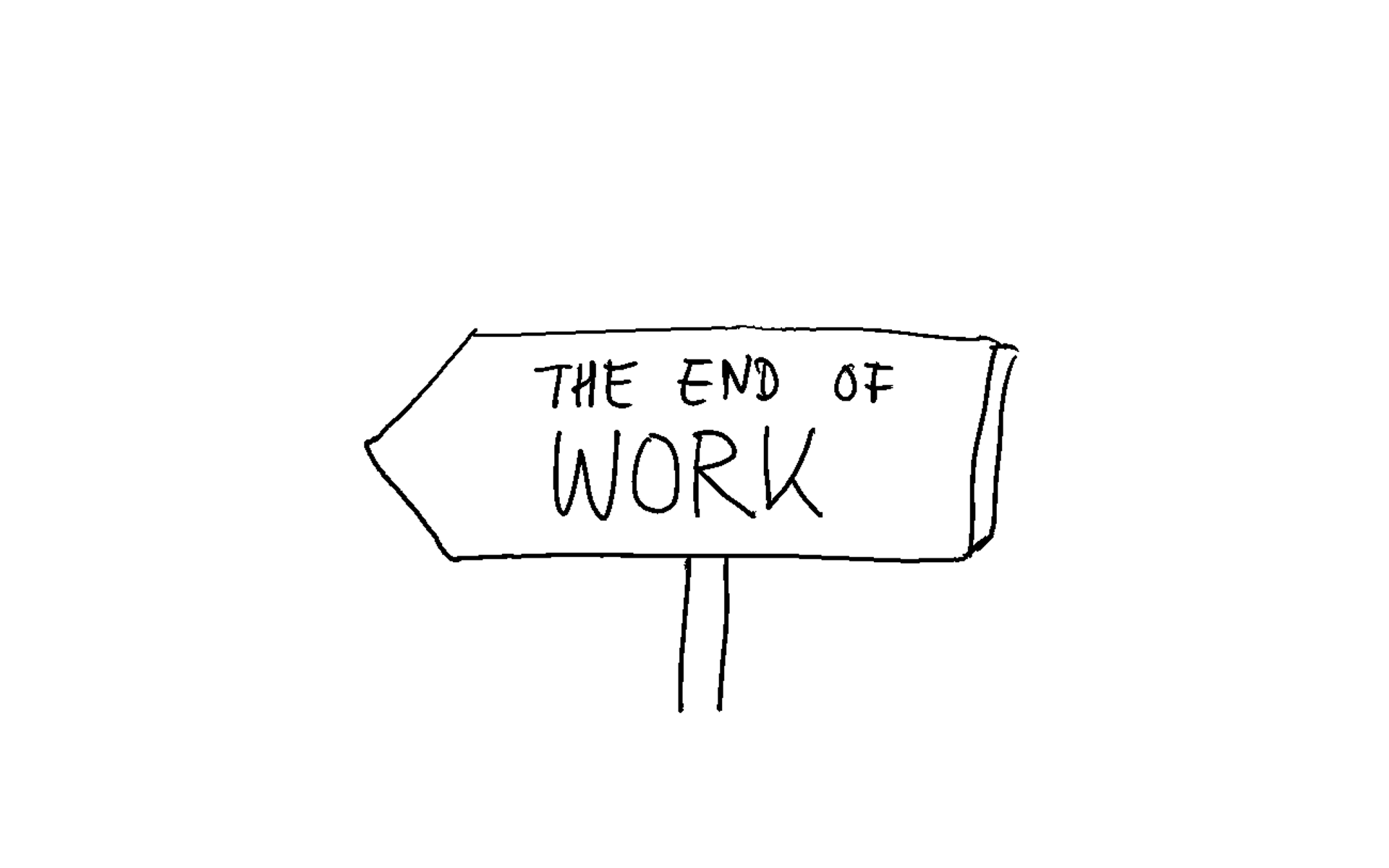
Direction 2: The End of Work
End of work! Forever! A tempting idea… A look at the history of automation shows how humans have automated the pyramid of needs ‘from the bottom up’ – and not always without resistance. But what if, in the end, there’s nothing left for us to do?
We humans want to make an impact in the world and someday be proud of what we’ve done – so does automation rob us of what we actually want to do ourselves?
Perhaps we need to become better at dosing how much AI we need. This approach was also taken by our student Elizabeth Bradford in her project ‘Dimmable AI’: She designed a dimmable artificial intelligence, where one can adjust how smart it is with a dial.
Creativity in the Digital Age
What's left for creatives in the age of artificial intelligence?
In summary, even the promise of ending work has a downside. Perhaps there’s a better direction?
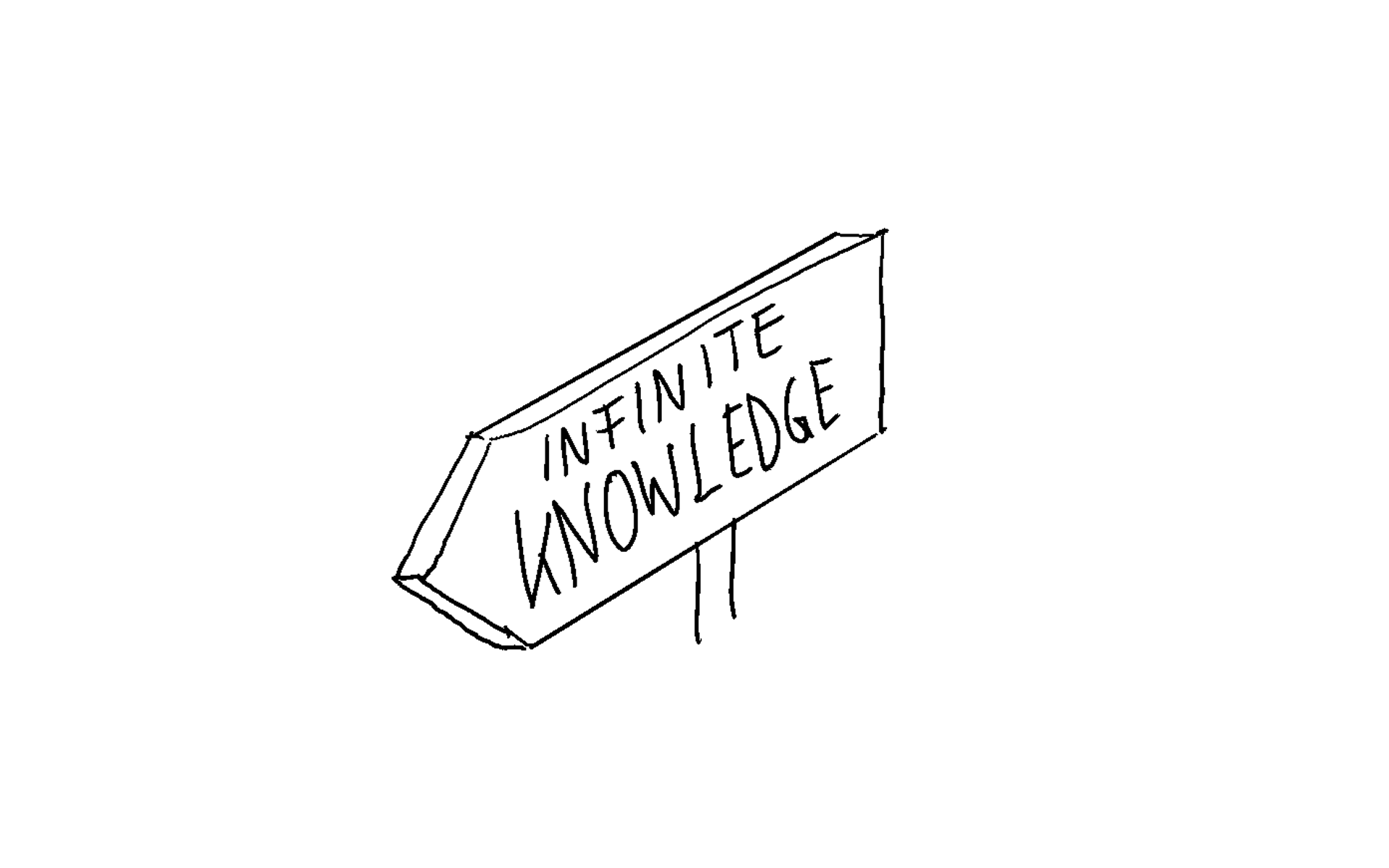
Direction No. 3: Infinite Knowledge
Direction No. 3: Infinite knowledge! This direction also sounds tempting: Never be ignorant again? With the help of AI, we can combine vast amounts of information in unprecedented quality at the push of a button – with astonishing results. But does this direction also have a downside?
Historically, there are fascinating parallels between our food culture and our consumption of information. In the past, it was difficult and dangerous to get food – think ‘hunter-gatherer.’ Food was cultivated, agricultural, then industrialized. Eventually, the fast-food era followed: Fast food looks tasty, is easily accessible – but unfortunately, it doesn’t really satisfy, and in the long term, it can make you very sick.
Are we perhaps in the fast-food era of information consumption? Today, many people consume industrially pre-packaged, bite-sized chunks of information, which seem to make them happy in the short term but, like fast food, make them sick in the long run.
Devices for Information Consumption
Making information consumption healthier by learning from our eating culture.
The threat: mental obesity – the overconsumption of information, which leads to us losing touch with ourselves amid all this consumption.
By the way, we’ve managed to cultivate a mindful approach to food – maybe we can do the same with information?
So, that’s it for direction No. 3 – ‘infinite knowledge.’ The question remains: Which direction can we, in good conscience, take? All three directions we’ve looked at so far are, above all, convenient. That’s not true of the fourth direction.
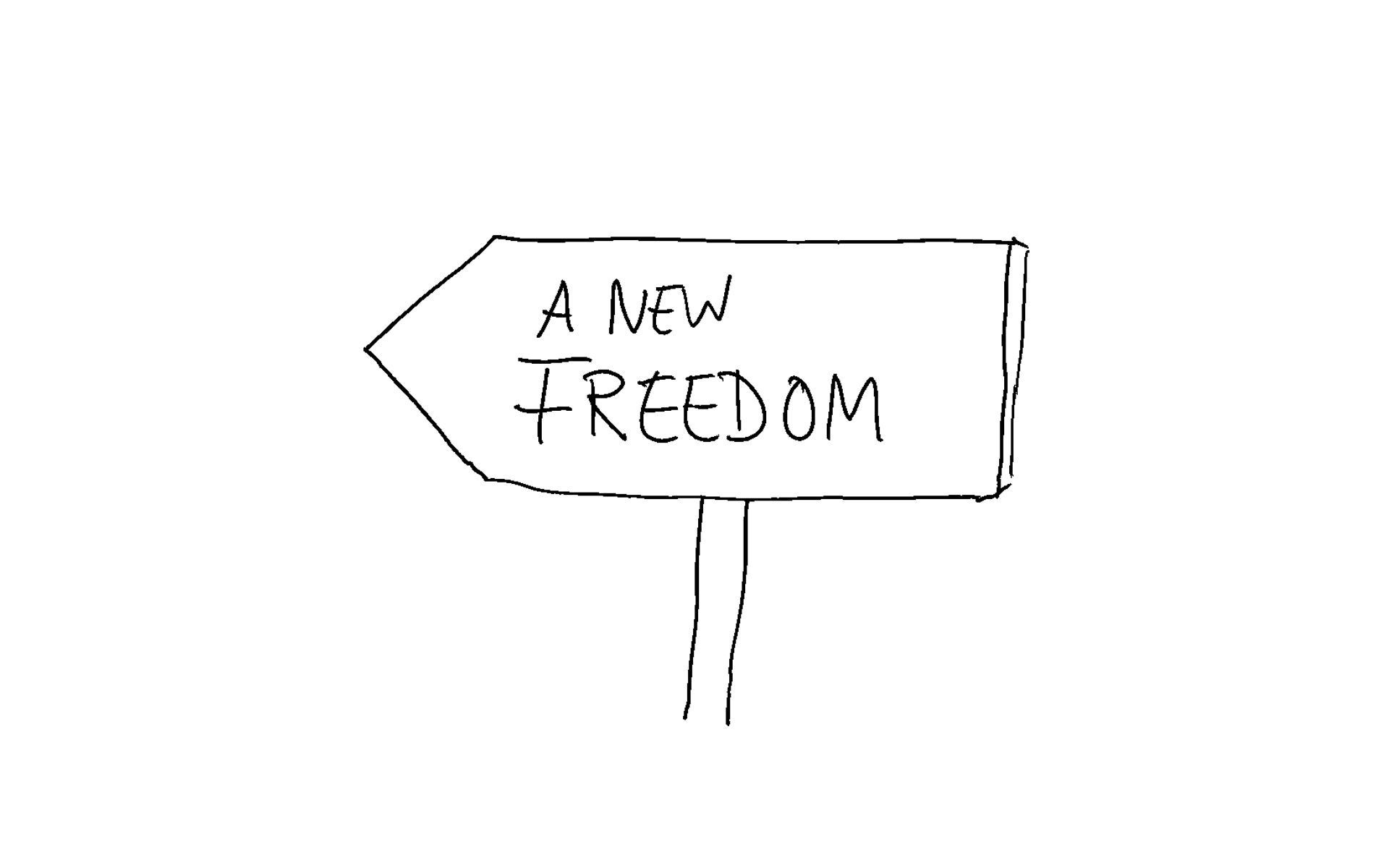
Direction No. 4: A New Freedom
This is the direction in which I have aligned my personal compass. There are things I’m happy to delegate. Travel expense reports, for example! But some things I want to do myself. Writing talks like this one, for instance, is something I want to keep doing. It connects me to other people. I also want to look back on it one day. Additionally, it allows me to process the information I consume more effectively, with ‘something to do in mind’.
All three directions had a downside – and so does this one: It’s called responsibility.
We are responsible for deciding what we do. Just like when we decide how to get from point A to point B. Not everything can be done on foot – and the car isn’t always the best choice either.
The question of how we want to live with AI in the future is a question of balancing nature and technology. It’s a chance to further develop what it means to be human – because maybe, in the end, technology is the nature of humans.

So here it is, our compass.
A compass, after all, is a symbol of discovery. Uncharted territory is opening up for us almost daily. Let’s explore it. I wish you – and all of us – a lot of fun in doing so.

